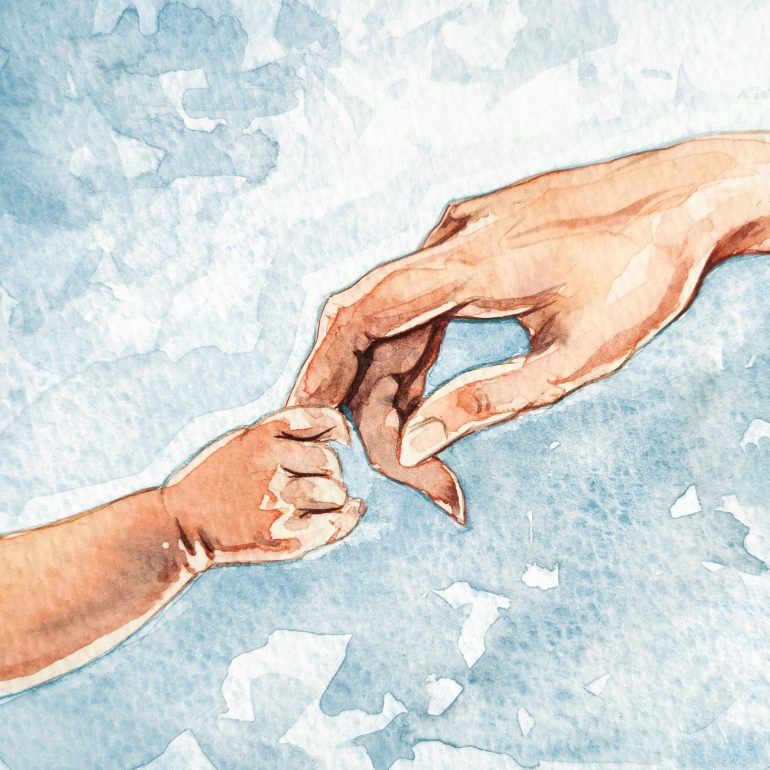Attachment theory is the best recipe for what it is to be human. We are born into a relationship and we are wired to connect with other people – it’s in our biology. This need to feel connected with others is universal but how we go about this is different for each of us – we all have an attachment style. But attachment is a theory that doesn’t label behaviours as healthy or unhealthy and a style is not a diagnosis. It’s about understanding how and why we feel secure or insecure in the world – our relationships are a big part of that.
Our early experiences are important and they form a template for our basic sense of safety and security in later relationships. I like to think of this template as our mind’s ‘recipe’ for relationships; just like a recipe, it contains instructions for how we feel about ourselves and other people, which can be either positive or negative, for example, “don’t ask others when you need support because people always let you down.” Sometimes we are not even aware that we are thinking or feeling this way. If you don’t know what you feel, you’ll struggle to make sense of yourself and other people. Instead you’ll just be ‘going through the motions’, feeling unsure what’s real for you and what isn’t.
Part of attachment-based therapy involves exploring what kind of style you have when relating to others. But it’s also about how you relate to yourself – that is the longest relationship you’ll have in your life. You bring yourself and your early attachment experiences into all the relationships you have. So the primary relationship you should always be working on, whether you’re in a romantic relationship or not, is the one you have with yourself. If you relate to yourself differently it will have a profound effect on all your relationship dynamics. So, devoting time to understanding what makes you ‘tick’ as a person is a good way to take care of your well-being and mental health.


